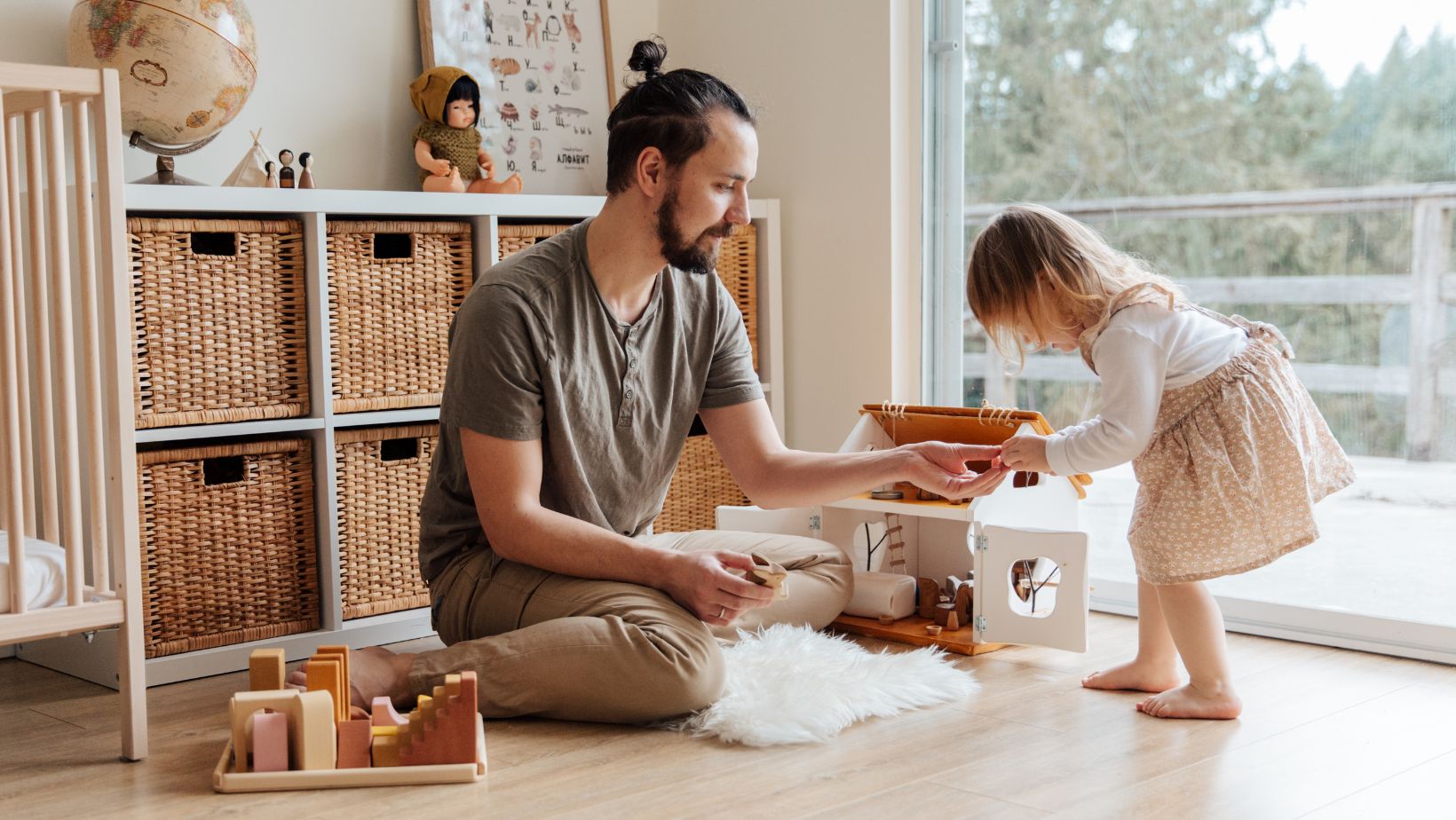Traveling poses various health risks to a baby, regardless of the transportation mode or destination.
The American Academy of Pediatrics (AAP) suggests that parents never travel with infants under six months old. This is because babies at this stage still have a high chance of developing illnesses, and they’re too young to be vaccinated. That means parents must wait until their immune system is more developed or have received the initial vaccinations needed.
If your baby is beyond that stage and you want to travel with them, this is your guide. Below is a thorough outline of tips parents must follow to ensure a seamless travel experience with infants. Read for more.
Travel Tips To Follow
The following tips are helpful wherever you go, whether on a car, plane, or train.
Follow your baby’s schedule.
Babies thrive on having a routine. That’s why following a consistent feeding, sleeping, and playtime schedule is vital to creating a sense of security. Deviating from their recurring activities will make them uncomfortable and fussy.
When planning your trip, you must work around your baby’s schedule. That way, you ensure your child remains in a good mood throughout your journey. If needed, take breaks from your adventure to comply with your infant’s timetable.
Consider your destination
If you’re heading to another country with your baby, ensure you have all the travel documents your child may need. These include passports, birth certificates, and any visas or permits your destination requires. Knowing and preparing these requirements is vital to avoid stress when traveling with your infant.
Pack your baby’s essentials.
Babies need plenty of things. Understandably, it can be confusing for parents to choose what to prioritize when traveling with them for the first time. The good news is that you don’t have to bring most of your baby’s things.

However, there are certain items you must make a top priority.
In addition to diapers, breastmilk, baby food, and feeding accessories, you must bring plenty of extra baby clothes. Babies are prone to spills, leaks, and messes, so packing more will allow you to change your baby’s clothes immediately whenever these incidents happen. That way, your child stays comfortable and clean.
Moreover, you must bring a mix of your baby’s favorite comfort items, like a pacifier, toy, or lovey. This will help soothe them during your trip and while they adjust to a new environment.
The variety of these items is crucial so the infant has various choices that will make them feel secure throughout the trip. You can also throw a new item into the mix if you want them to associate something fun and new in a foreign environment.
Finally, consider packing travel-friendly gear to assist you as you navigate your destination. The best examples are lightweight strollers, baby carriers, portable cribs, and diaper bags with compartments.
Bring a first-aid kit
Unexpected medical situations like minor injuries, sudden illnesses, or allergic reactions may happen during your trip. So, it’s best to have a first-aid kit with you during your trip to address these issues when they occur.
You must bring the basics, such as adhesive bandages, sterile gauze pads, and antiseptic solutions, as well as your baby’s medicines and vitamins.
Don’t worry about bringing liquid medication to the airport. Breast milk, formula, baby food, and liquid medications are exempt from the 3-1-1 liquid rule.
Adjust your itinerary if needed.
Creating a detailed plan that works around your baby’s schedule is vital. However, even that can be broken by your infant’s sudden needs. So, be prepared to deviate from your itinerary to meet any demands.
Consult with your pediatrician.
Taking your baby to a pediatrician is vital, even if your child is past the AAP’s six-month-old recommendation. This further ensures that your infant is fit for travel by assessing their overall health. Ideally, you must set an appointment before you plan for your trip.
Aside from verifying if your baby is good to travel, visiting a pediatrician is vital to get tips on maintaining your child’s comfort and safety throughout the trip. They can also advise you on what to do in a health emergency.
Of course, always listen if your pediatrician votes against traveling with your baby.
Prepare an emergency fund
Many unexpected things can happen when traveling with a baby, from medical emergencies to natural disasters. A safety net is ideal to ensure that you can handle any unforeseen costs without depleting your savings. So, when planning your trip, you must set aside an emergency fund you can use on your vacation.

The key is to separate your safety net from your savings and travel fund. If you don’t have a backup account, creating one now is best. The good news is that managing your finances has become more accessible with the rise of online banking.
For instance, you can open an online high-yield savings account at home while keeping an eye on your baby.
Creating an emergency fund is an excellent idea for traveling and long-term use at home. There are various unexpected costs associated with raising a baby. It’s best to be prepared for that.
Enjoy Your Baby’s First Travel
The tips mentioned above may make traveling with a baby seem stressful. It can be overwhelming, but remember that you can learn more about the responsibilities of raising a baby from these experiences. Plus, traveling makes for an excellent family bonding that creates lasting memories.
With that, we leave you with one final tip when traveling with your baby: have fun and make the most of your time together.


















